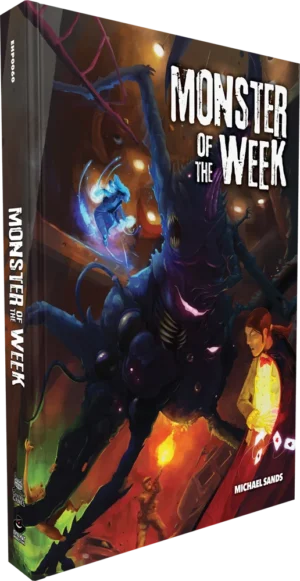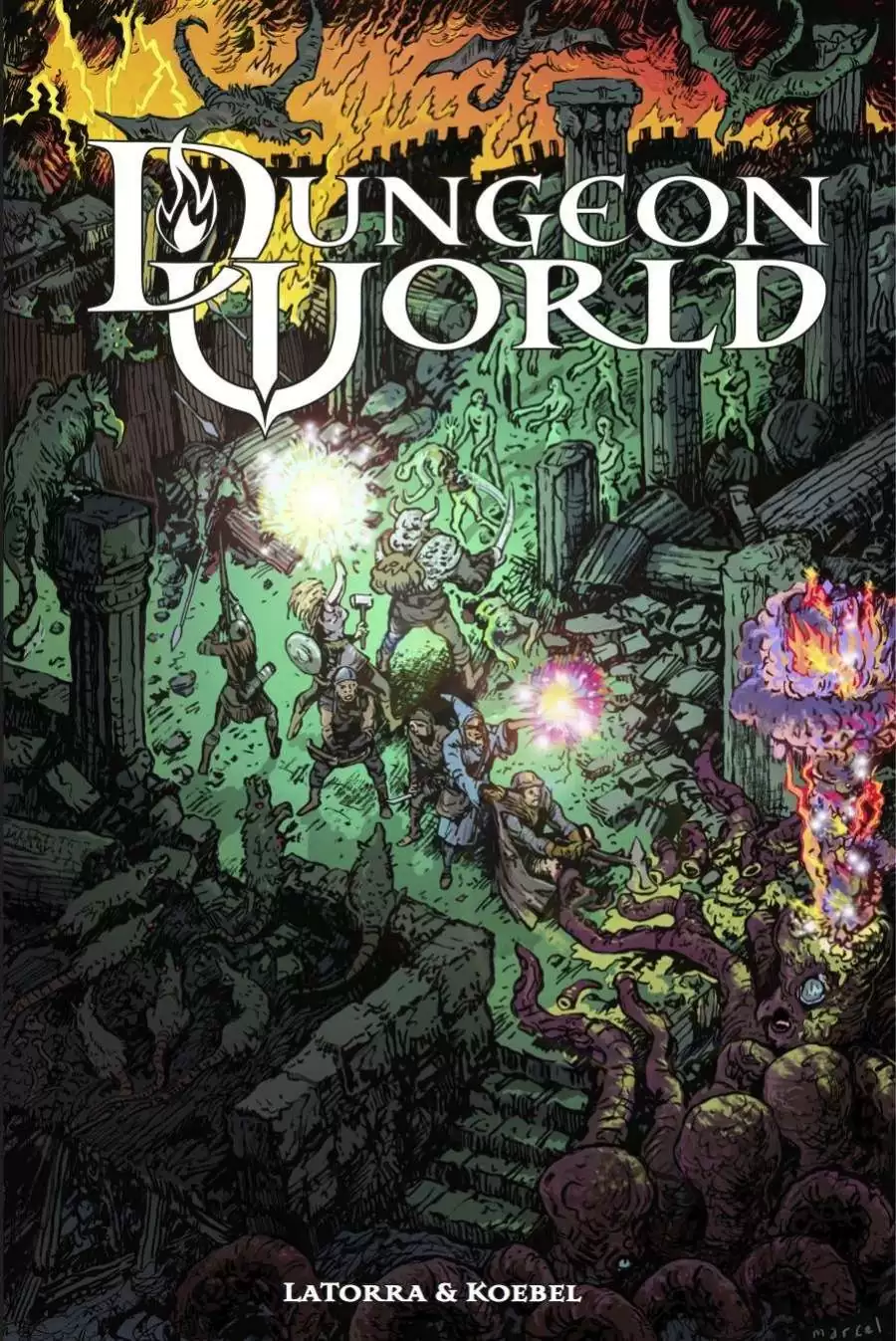Index Card RPG Fantasy; Dark Fantasy; Narrative-Driven; Innovative Mechanics; Quick-Play / One-Shot; Collaborative Worldbuilding; Character Customization
Index Card RPG (ICRPG) is a tabletop roleplaying game known for its streamlined mechanics, narrative focus, and emphasis on collaborative worldbuilding. Designed for quick-play sessions and one-shots, it fosters a DIY spirit, encouraging Game Masters and players to customize their experience. While its core is rooted in fantasy and dark fantasy themes, its adaptable system allows for diverse settings. Its unique mechanics and focus on GM empowerment have garnered a dedicated community.
Theme and Setting
ICRPG primarily caters to fantasy and dark fantasy settings, though its flexible framework allows for adaptation to various genres. The core books and supplements present worlds ripe for adventure, often with a gritty or perilous edge. However, the system's design encourages GMs to create their own settings, fostering a collaborative worldbuilding experience. The available card sets also support a variety of themes, including sword & sorcery, science fiction, and weird west.
Core Mechanics and Rules
ICRPG utilizes a d20 system streamlined for ease of play. Key mechanics include:
- Effort Dice: Players roll effort dice to overcome obstacles, simplifying action resolution.
- Targets: The GM sets a target number that applies to all relevant rolls, providing clarity and consistency.
- Stats: Characters are defined by six core stats, eliminating the need for skills, feats, or complex formulas.
- Clockwise Turns: Streamlines any session.
The system is designed to be intuitive and fast-paced, allowing players to focus on narrative and character interaction rather than complex rules. The Master Edition combines the core rules and GM advice into a single volume.
What Makes it Unique
ICRPG distinguishes itself through several innovative features:
- Index Card Integration: The game's namesake comes from its suggested use of index cards for tracking information, creating visual aids, and organizing game elements. These cards can represent locations, items, characters, and more, fostering a tactile and visually engaging experience.
- DIY Emphasis: ICRPG promotes a strong DIY ethos, encouraging GMs to adapt and modify the rules to suit their preferences. This flexibility extends to worldbuilding, character creation, and adventure design.
- GM Empowerment: The game places significant emphasis on the role of the GM, providing tools and advice to facilitate on-the-fly improvisation and creative decision-making. It includes actionable advice to level up your game.
- Streamlined Mechanics: The rules are designed to be lightweight and accessible, prioritizing narrative flow and player agency over rigid adherence to complex systems.
Target Audience and Player Experience
ICRPG appeals to a broad audience, including:
- Newcomers: The streamlined rules and emphasis on collaborative storytelling make it an excellent entry point for individuals new to tabletop roleplaying.
- Experienced Players: The game's flexibility and focus on GM empowerment appeal to experienced players seeking a more customizable and narrative-driven experience.
- Time-Constrained Groups: The quick-play design makes it ideal for groups with limited time, allowing for satisfying one-shot sessions or shorter campaigns.
Players can expect a fast-paced, engaging, and collaborative experience that emphasizes creativity, improvisation, and shared storytelling. The game encourages players to take ownership of their characters and the world around them.



